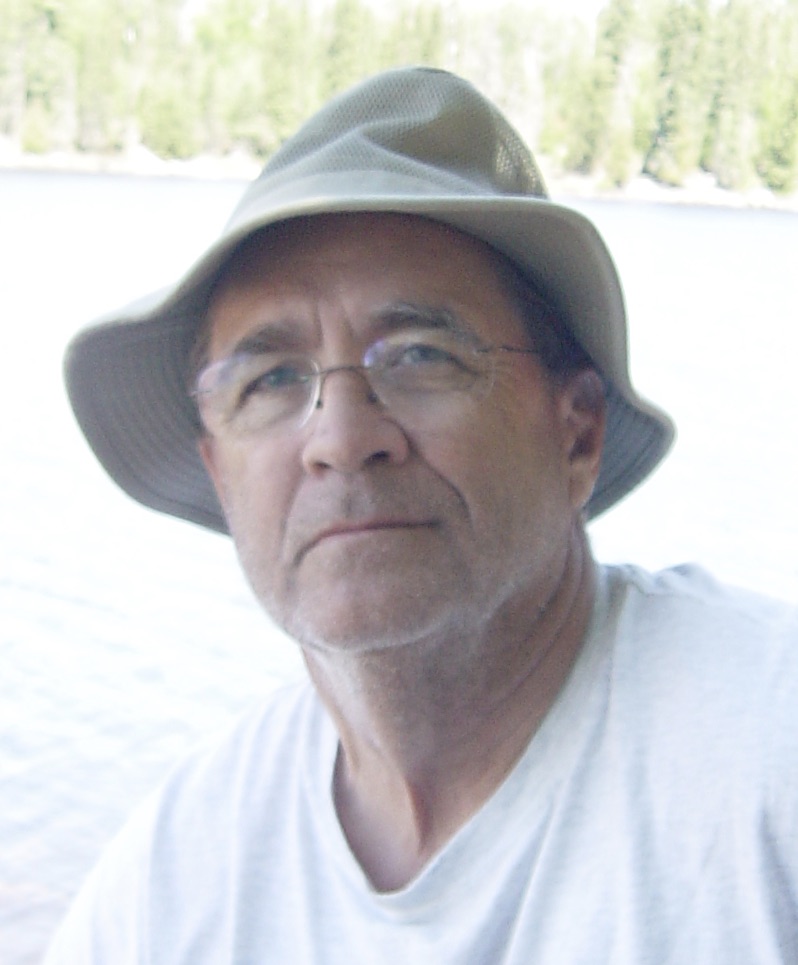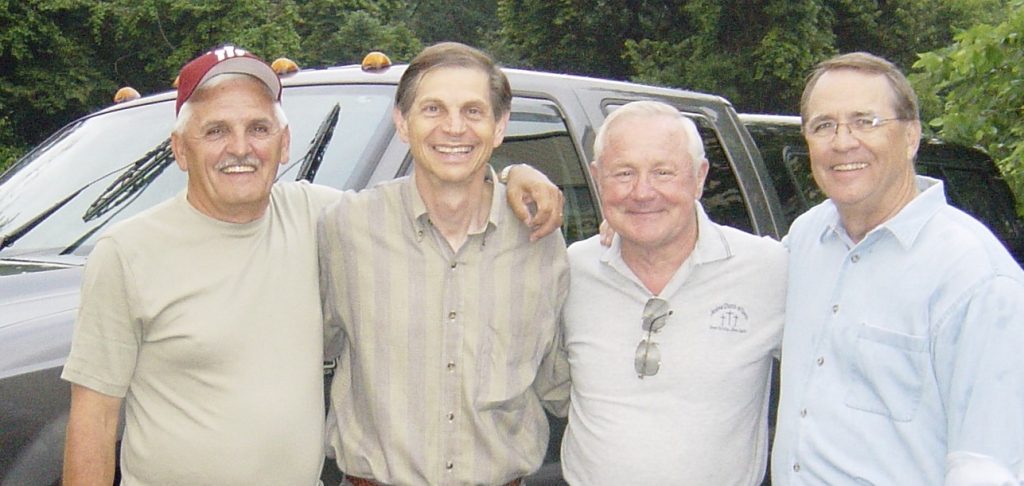
Do you know?
At least $1.7 trillion languishes in lost or forgotten 401(k) accounts, with an average unclaimed balance of $56,616.Those 29 million idle accounts represent one quarter of all assets held in 401(k) retirement plans.
The National Registry of Unclaimed Retirement Benefits. As the name suggests, it’s a national database of unclaimed retirement accounts. Enter your Social Security Number, run a quick search, and see if any idle accounts come back.
New Marketing
Here’s the new marketing playbook of 2025:
- Do NOT try to close.
- Do NOT try to sell.
- Do NOT try to persuade.
- Don’t even listen.
The goal now is merely to ANNOY. The big companies do it on purpose.
Big streaming platforms are the experts at this new marketing tool. They want you to pay for a premium, ad-free subscription. The more annoying the commercials, the more likely you are to pay.
You will pay just to get rid of the ad.
In this topsy-turvy world, the more painful the ad, the better it works. The digital platforms have studied this—YouTube has tested using up to ten unskippable ads on users.
That’s not marketing—it’s water-boarding. But they need to test these techniques. Their business model is built on optimizing the level of annoyance.
via Scot McKnight https://www.honest-broker.com/p/an-ugly-new-marketing-strategy-is
Imagination
Imagination is the capacity to host a world other than the one that is in front of us.
Walter Bruggermann
Heretics
Stanley Hauerwas likes to pronounce blessing on heretics “because without them we would not know what we believe.”
Church conflict
…the late John Webster. Writing about biblical interpretation, Webster observed that “conflict … is not abnormal or necessarily destructive in the Christian community, but may prove a way in which Gods keeps the church in the truth.” Theological disagreement is not to be avoided at all costs. Sometimes we must state our differences plainly and entrust ourselves to the Spirit.
Brad East
The Journey
There is a temptation to think of one’s spiritual journey as individual. I do not believe that is true. I am one part of the pilgrimage of all of God’s people. We each have our own unique encounters, experiences, trials and detours but we do not travel alone. We must not, cannot proceed alone. We need the strength, companionship, encouragement, wisdom and experience of fellow sojourners. The journey is perilous and we may need to be rescued or to rescue. The journey brings us joyful experiences and beautiful vistas to which we enthusiastically direct our fellow travelers. Of course we could make better progress without the burden of others but its not just about the destination. It’s also about the experience of the journey. Too often our perspective is like the impatient child: “Are we there yet?”. We pay little attention to the wonderful experiences, opportunities for relationship and love and the beauty and wonder of the scenes passing the window. We are only concerned about the destination.
G Ezell
Genetic fallacy
I have known for years that Marxist, Marxism, and socialism are epithets designed to shut down conversation, not expand it. They are deployed to end thought, not to deepen it, whether during formal political communication or informal social interactions.
What I don’t understand is why so many otherwise educated conservatives and evangelicals don’t seem to understand that the source of an argument has no bearing on an argument’s validity. As an educator for over thirty years, I have made this point to my students more times that I can count. When one values or devalues an argument based on its origin rather than on the merits of the claim itself, the field of logic deems this a “genetic fallacy” in one’s reasoning. This kind of fallacy produces irrelevant conclusions about the merit of an argument
Paul Thompson
Uselessness
…this Law of uselessness – the refusal to maximize our own power and efficiency – goes to the very heart of what it means to exist in the image and likeness of God.
That we are loved in our uselessness points to the fact that we are loved for ourselves. We have value and worth in and of ourselves regardless of what we might do. The proclamation of the Kingdom of God is the declaration of what God Himself values.
“…Consider the lilies of the field, how they grow: they neither toil nor spin;and yet I say to you that even Solomon in all his glory was not arrayed like one of these. Now if God so clothes the grass of the field, which today is, and tomorrow is thrown into the oven, will He not much more clothe you, O you of little faith?” (Matt 6:28–30)
The lilies are useless, doing no work, neither toiling nor spinning. And yet, they are clothed. Our work ethic has become a cultural ethic. We take vacations so that we can return as better workers. Few things are done for their own sake. Why would God set aside so much time for uselessness? Apparently, when life becomes driven by utility, we neglect and ignore the things that have the most value and are all too easily deemed useless.
Fr Stephen Freeman
Evangelical Belief
We have data from the major polling organizations — Pew, PRRI, Gallup — that could potentially tell us something about evangelical belief but it tends to be vague. There are questions about belief in God (or a higher power), the Bible, and Heaven/Hell but these are too often like the questions in children’s church where the fight answer is always clear (Jesus!). Practices are not necessarily correlated with these beliefs (which is not surprising given the lack of variance on the belief questions). And a shocking (to me) number of evangelicals rarely if ever attend church.
John Hawthorne
Things this old man thinks about…


Boundary Waters
Twenty two years ago I was privileged to participate in a trip to the Boundary Waters Canoe Area in northern Minnesota. An adventure that I think of often. That experience profoundly influence my spiritual journey.

Parker J Palmer, a long time visitor to the Boundary Waters, recently reflected on his experience:
I close my eyes and see myself hiking through the sun-dappled woods, paddling down a windswept lake, hearing the unforgettable call of the loon, watching the cosmic drama of the Northern Lights, or eavesdropping on the ancient conversation between those two old friends, the lake and the land, as the cold, clear water laps gently against the shore.

STILL ON THE JOURNEY